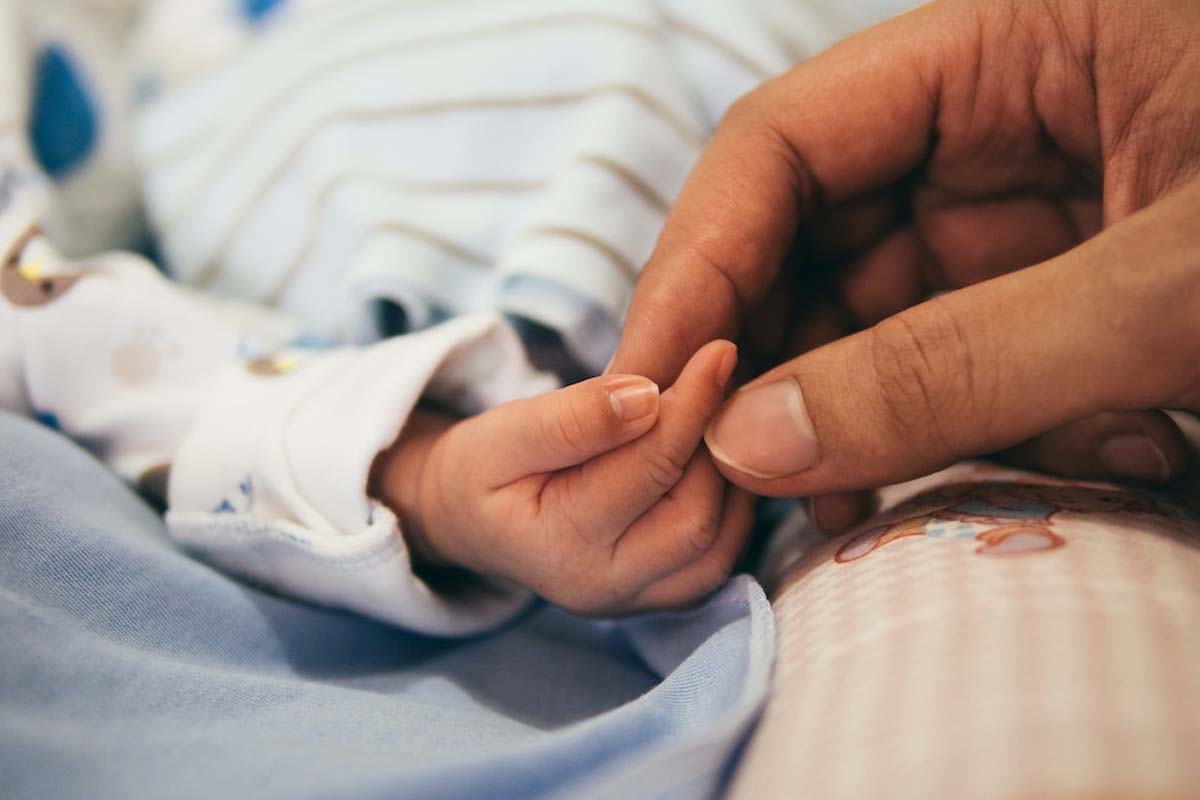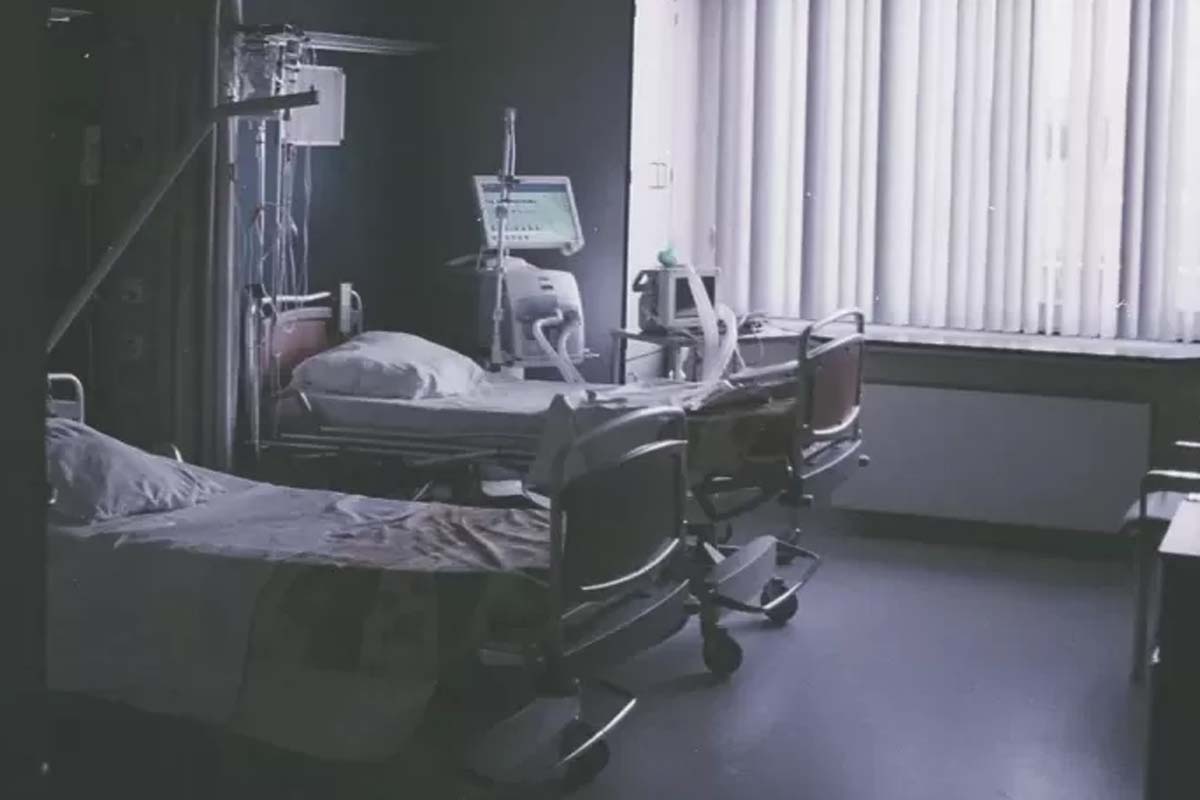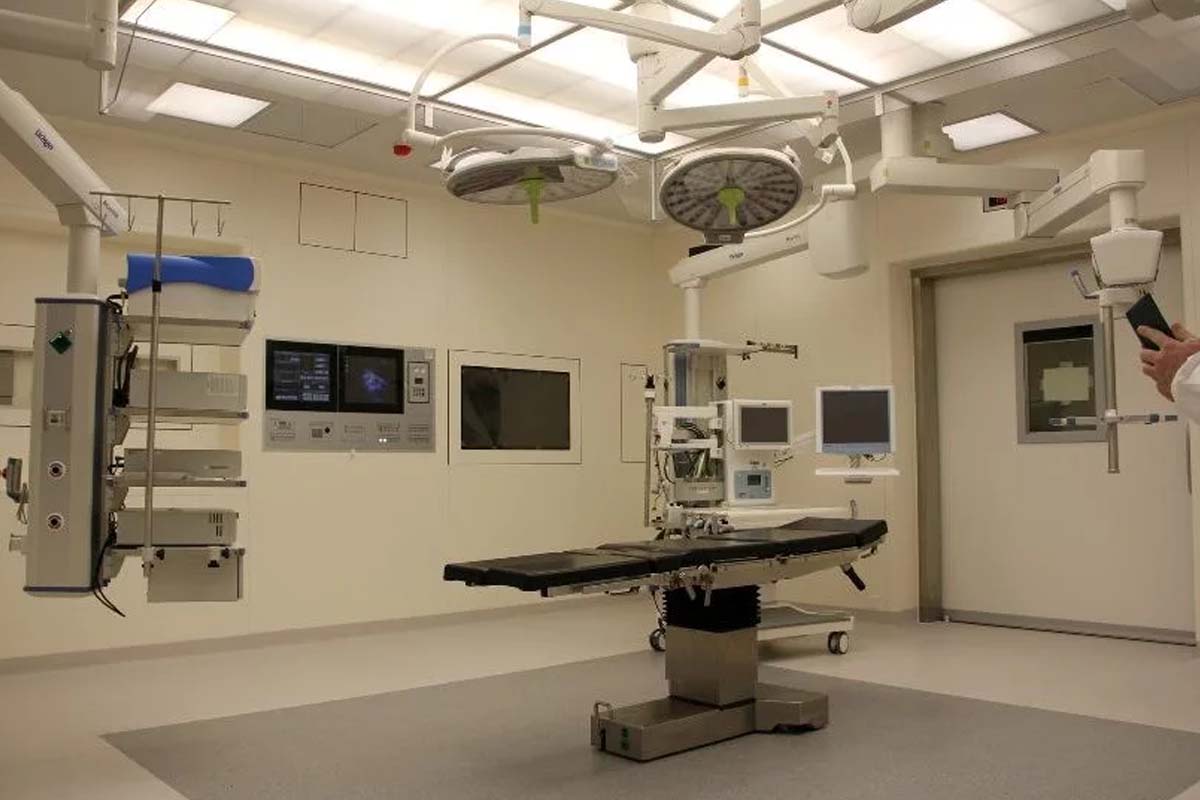Hospital staff work extremely hard but overcrowding, staff shortages, and a lack of resources mean that, at times, the level of care that you experience is not what it should be.
If you have had an injury or your illness has been made worse by substandard care in a hospital where you were being treated, then you may have been a victim of hospital negligence and you may be entitled to make a hospital negligence claim for compensation for your pain and suffering and any financial loss that you have borne.
O’Reilly Doherty & Co.Solicitors, based in Finglas, Dublin 11, is a general practice solicitors firm with specific expertise in hospital negligence cases. We understand that you may be daunted by making a hospital negligence case but we will work tirelessly to navigate the legal process on your behalf in order to secure the compensation that you deserve.

Common claims for failure to refer for further testing
The common claims for failure to refer for further testing range from the GP not sending a patient for blood tests to the hospital consultant not ordering an MRI when making a diagnosis.
You make the medical negligence claim* for the effects of the failure to refer for further testing on your life.
Common failure to refer for further testing claims:
Table of Content
What is a hospital negligence claim?
If you attend the emergency department of a hospital, attend the hospital as a day patient, or are admitted to hospital, you are entitled to a high level of care.
Hospital negligence arises where there is a breach in that duty of care which leads you to being injured or your medical condition deteriorating as a result of that breach.
Hospital negligence compensation
Media reports are generally of very high levels of compensation, for example following birth injuries to mothers and babies. These claims reflect the severity and life long high levels of care required by individuals who have experienced hospital negligence.
The amount of compensation that you receive will reflect the severity of your injuries or illness and its effects on your life. Physical effects as well as psychological effects, and your care and rehabilitation needs going forward will also be considered in any settlement award you receive.
The financial effects of the hospital negligence you have experienced such as current and future earnings, medical expenses, home adaptations, personal care expenses, and out of pocket expenses will all be reflected in any compensation amount also.
Who is entitled to make a hospital negligence claim?
In order to make a hospital negligence claim you must have experienced injury, the avoidable deterioration of a medical condition, or a financial loss as a result of substandard hospital care.
Adults can make a claim on their own behalf. Parents or guardians can make a claim on behalf of a child under 18, or the child can make a claim on their own behalf once they reach the age of 18.
Medication errors can occur due to the patient receiving the incorrect medication, dose, or administration of prescription medication.
Medication errors can have adverse consequences for patients, such as allergic reaction or overdose and can, unfortunately, be fatal.
Where does hospital negligence occur?
Hospital negligence is medical negligence that occurs specifically in a hospital setting. Hospital negligence can occur in:
All medical professionals and allied health professionals in hospitals have a duty of care to hospital patients, as well as doctors and surgeons. If you have received substandard care in hospital, you may be entitled to seek compensation if your resulting injury or illness has caused you pain and suffering and left you out of pocket.
How to make a hospital negligence claim
If you have experienced hospital care where the standard or care has fallen short of what is expected you may wish to consider making a hospital negligence claim.
Firstly, you should speak to a hospital negligence claim solicitor. Reilly Doherty & Co. Solicitors has extensive experience in pursuing such claims on behalf of clients. We are on your side and will assist you and advise you in making your claim.
In order to prove hospital negligence your solicitor will aim to prove that the harm you experienced was avoidable and the result of a breach in care by your doctor, surgeon, or healthcare professional.
Your solicitor will gather evidence of the doctor patient relationship and of the breach in care, as well as evidence that your injury or ill health was the result of that breach or negligence. This evidence may include obtaining your medical records and having your claim assessed by a medical expert.
Going to Court
Your solicitor will complete the necessary paperwork, and initiate legal proceedings on your behalf. Do not be daunted by the idea of going to Court as O’Reilly Doherty & Co. Solicitors will navigate the legal process with you and keep you informed at each stage of the process.
In any event, hospital negligence claims rarely need to be heard in Court as they generally settle outside of Court.
Is there a time limit to make a claim?
There is, in general, a two year statute of limitations, or time limit, in making a hospital negligence claim.
There are exceptions to this where children under 18 and persons who lack capacity are the victims of medical negligence.
It is best to seek legal advice as soon as you become aware that you or a family member has experienced hospital negligence.
Who is liable in hospital negligence cases?
Where your claim relates to care you have received in a public or HSE hospital, the Clinical Indemnity Scheme (CIS) managed by the State Claims Agency (SCA), was established to indemnify and manage claims of hospital or medical negligence against HSE employees.
If the substandard care you received was in a private hospital, then the hospital or the consultant involved may be liable. Individual clinicians will have professional indemnity insurance which provides cover for claims of negligence.
You will be guided by your solicitor as to who may be held liable for your claim, depending on the specific details of what has occurred and in which healthcare setting.
Make a medical negligence claim today
If you or a family member has been a victim of negligence while being treated in hospital, speak to one of our hospital negligence claims solicitors as soon as possible.
We can carry out a claims assessment and advise you how to proceed. We will treat any information that you give us with the utmost sensitivity and confidentiality.
Complete our claims assessment form, leave us your contact details online, or call or email us and we will contact you promptly to discuss your experience with you and advise you.
Client Testimonials
Very professional service from start to finish, the communication was great and the whole process was made as stress free as possible. I would highly recommend Ronan and the team.
I have used Ronan and O’Reilly Doherty both professionally and personally, I couldn’t recommend them anymore just brilliant to deal with from start to finish. Thanks Guys.
Fantastic to deal with would highly recommend.
Very friendly and extremely helpful. Thank you.
Superb service, cannot recommend them highly enough.






